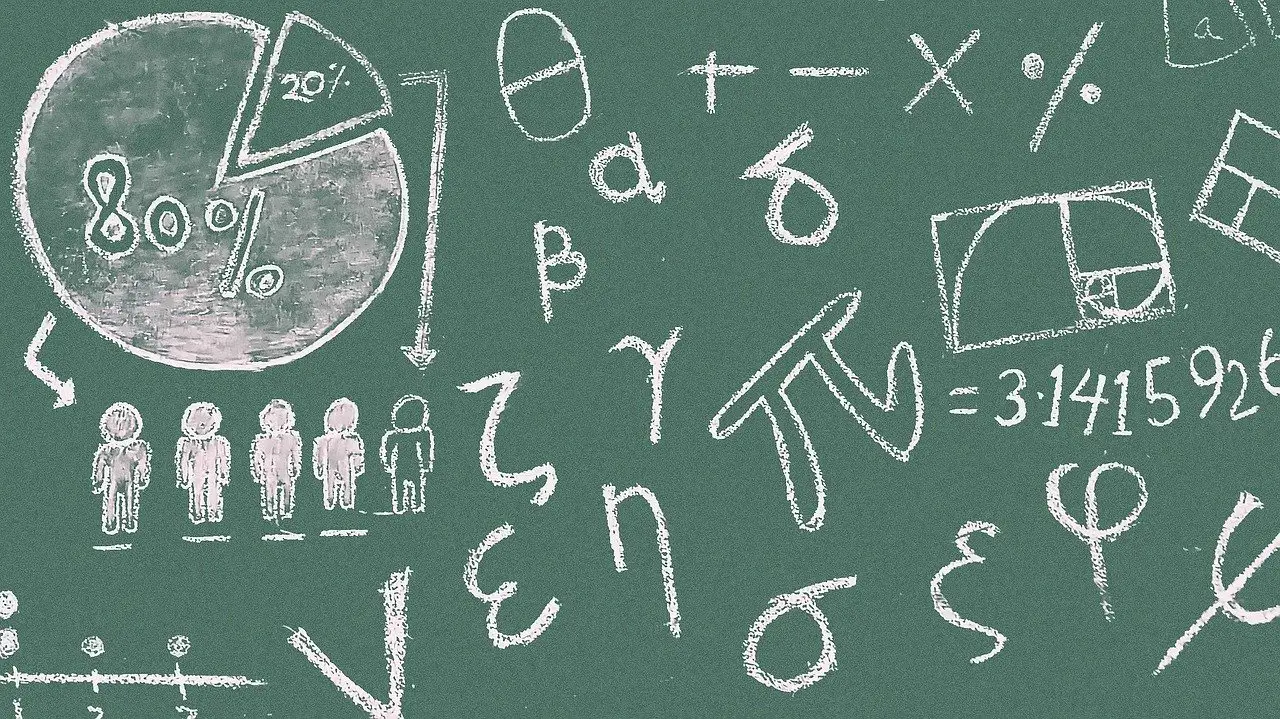A Predictive Indicator (PI) cognitive assessment test reveals a candidate’s ability to process complex pieces of information. This indicates how much capacity a person has for dealing with the cognitive demands of an employment position.

It might sound like there is no way to prepare for a PI test. However, the converse is true. A little work ahead of the exam could put you in a better position to perform well and get that job you have been dreaming of.
Here are some tips to help you get ready to take the PI test:
Understanding the PI Cognitive Test
A PI test consists of 50 questions, and candidates have only 12 minutes to complete it. This makes it phenomenally challenging, and it is the downfall of many candidates in their quest to secure employment. This is where PI cognitive assessment practice test resources can make an essential difference.
Aptitude tests are important to employers as they predict a candidate’s future behavior as an employee. Many recruitment specialists believe that such tests bear more weight than academic qualifications and work experience. They maintain that tests should even supersede a candidate’s interview performance. While you might not handle the intense pressure of an interview too well, it is not an accurate indicator of how you will perform a job.
Your greatest challenge
Any PI test candidate’s worst enemy is time. If you work it out, you have 14 seconds to answer each question. This is barely enough time to read it carefully, evaluate the multiple-choice answers, and determine the correct one.
A quick look at some PI test practice questions reveals that 14 seconds per question is insufficient, and the pressure of having 50 of them to answer might be too overwhelming. Many people leave this test complaining that they blanked out or became so anxious that they could not answer even simple questions.
Your PI test preparation should focus on learning solid time management skills and finding ways to save time when reading and evaluating information. This may be easier said than done and might take a while to accomplish. Nevertheless, it is not an impossible goal to achieve.
Self-evaluation
To prepare for a PI test, some time spent on introspection is invaluable. Establishing your strengths and weaknesses is the first step toward PI test success. Once you understand where you may fall short in the test, start working on these areas.
For easy identification of areas that might pose potential problems, complete a PI practice test. This also allows you to get to grips with what the test looks like. At least some familiarity with this test’s structure and format is already an advantage.
Test structure and format
A PI test, like most aptitude tests, is divided into sections. In this case, there are three: numerical reasoning, verbal reasoning, and abstract reasoning. Each is further broken down into three categories.
Numerical reasoning contains questions covering number series, math problems, and word problems. Verbal reasoning covers concepts such as antonyms, analogies, and formal logic. Finally, abstract reasoning comprises questions that center around visual series, visual analogies, and finding common features.
Each question is multiple-choice, leaving candidates to select an answer from a set of four potential solutions. The objective is to acquire new knowledge and information and use and apply it in short order.
Use the right techniques
Practice tests are ideal for brushing up on your problem-solving skills and training your brain to understand the PI test’s questioning style and come up with answers quickly. Find resources that explain how solutions are derived so that you understand the logic behind each one and can apply it to similar questions.
Brush up on basic arithmetic and math concepts. There is not enough time during a PI test to be counting on your fingers and racking your brain to remember multiplication tables.
Most importantly, always play to your strengths when writing any aptitude test. This means answering what you perceive as easy questions first and moving onto more challenging ones afterward. Lingering over a question that you cannot figure out within those precious seconds takes away time from answering those you understand. Additionally, train your mind to focus intently on one task to the exclusion of all other distractions. This prepares you mentally for the concentration needed to complete a PI test.








0 Comments